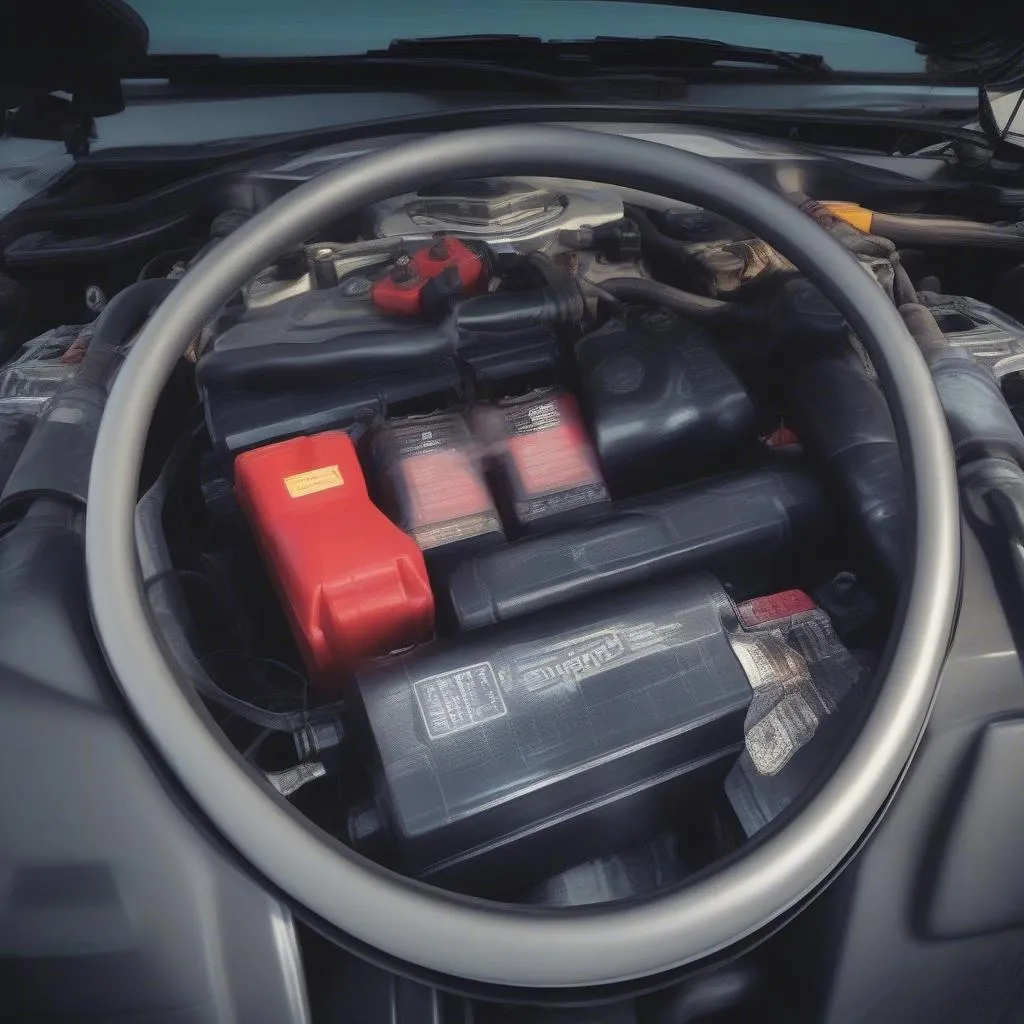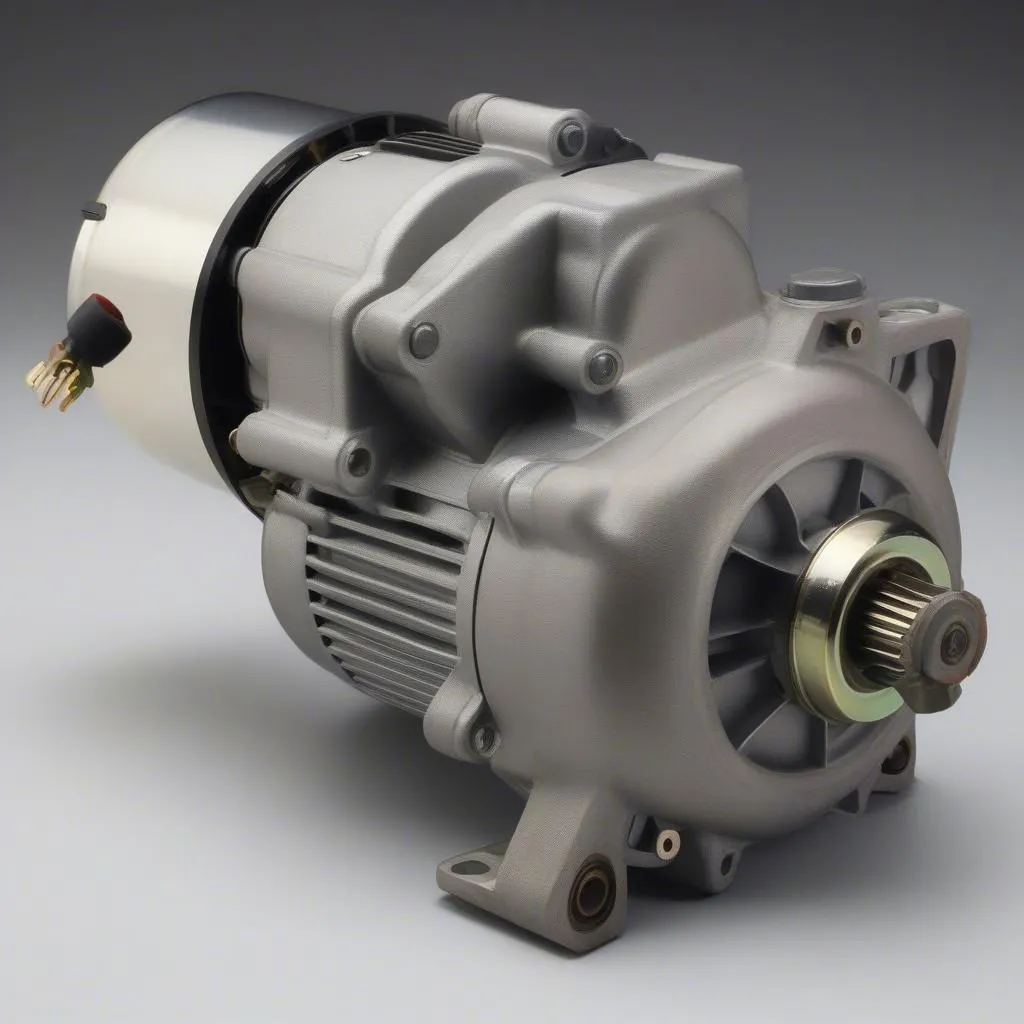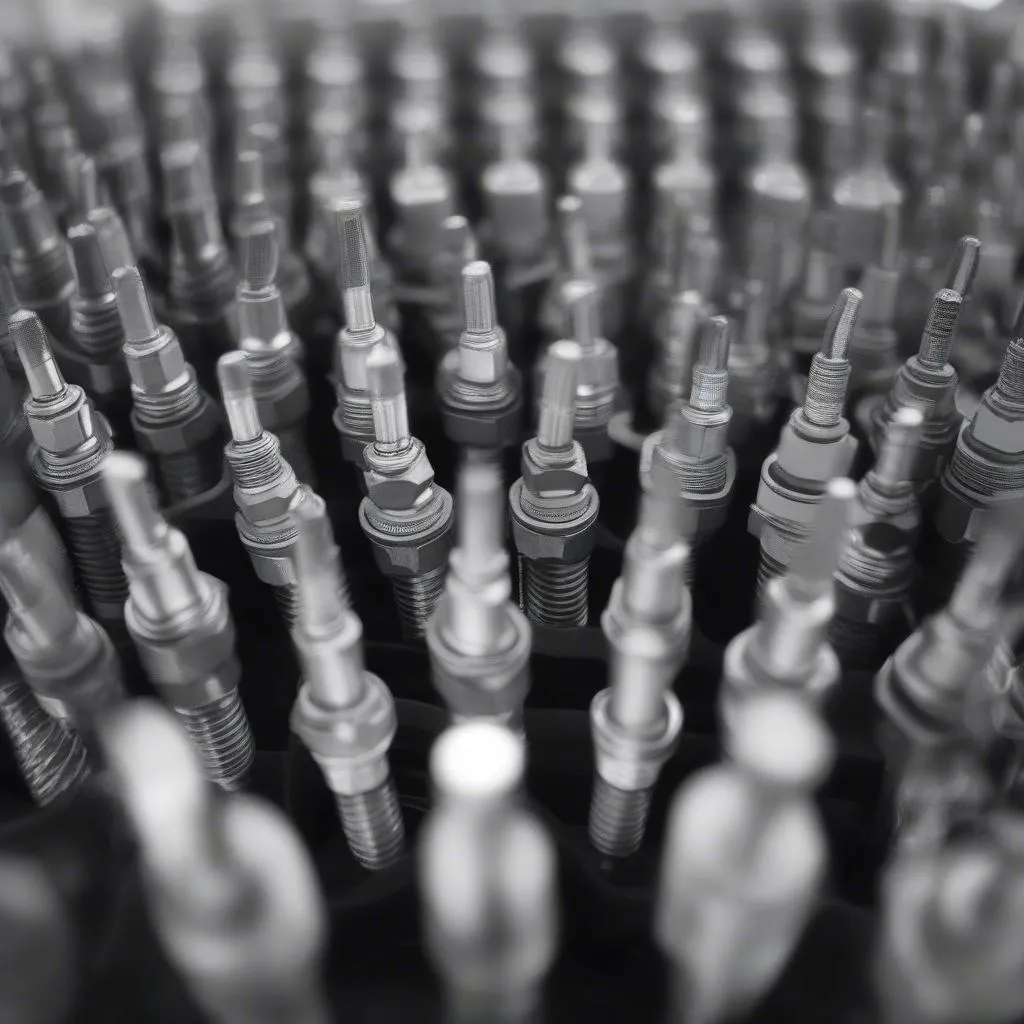Have you ever hopped into your car, turned the key, and heard a weak “click” or a sluggish crank instead of the roar of the engine? That’s the dreaded “car struggles to start” scenario, and it can be frustrating and even scary, especially if you’re in a hurry or it happens in a remote location. In this article, we’ll explore the common culprits behind this car starting issue, and we’ll equip you with the knowledge to understand what’s happening and what you can do about it.
What Does It Mean When Your Car Struggles To Start?
When your car struggles to start, it’s usually a sign that there’s a problem with one of the essential components responsible for bringing your engine to life. These components, which are directly involved in the combustion process, include:
- Battery: The battery acts as the source of power to start the engine, supplying current to the starter motor, which in turn spins the crankshaft.
- Starter Motor: This is the electric motor that converts electrical energy into mechanical energy, cranking the engine to get it running.
- Fuel System: This system includes the fuel pump, fuel injectors, and fuel lines, delivering fuel to the cylinders.
- Ignition System: This system, which consists of spark plugs and ignition coils, is responsible for igniting the fuel-air mixture in the cylinders, producing the power to move the car.
- Sensors: Sensors play a critical role in monitoring various parameters of the engine, like air pressure, temperature, and fuel levels, and relaying this information to the engine control unit (ECU).
Why Your Car Won’t Start: Common Causes
1. Dead or Weak Battery
Imagine a dead or weak battery as the heart of your car, unable to pump enough energy to get things going.
- Symptoms: A dead battery can result in a complete lack of power, while a weak battery might cause a slow crank, dim headlights, or clicking sounds.
- Troubleshooting: If you hear a clicking sound when you try to start the car, it could be a sign that the battery is dead or has a weak connection. You can test the battery voltage using a voltmeter.
- Solution: If the battery is dead, it needs to be replaced or recharged. If it’s just weak, you might be able to jump-start it using another car’s battery.
2. Faulty Starter Motor
Imagine a broken starter motor as the weak arm of your car, unable to turn the crankshaft.
- Symptoms: A faulty starter motor may cause a slow crank, clicking noises, or no cranking at all.
- Troubleshooting: You can use a screwdriver to check if the starter motor is getting power. If it is, but the motor isn’t turning, then the motor itself is likely the culprit.
- Solution: A faulty starter motor will need to be replaced.
3. Fuel System Problems
Imagine a blocked fuel system as the congested arteries of your car, unable to deliver the fuel it needs to run.
- Symptoms: Problems in the fuel system, such as a clogged fuel filter, a faulty fuel pump, or a leak in the fuel lines, can prevent fuel from reaching the engine.
- Troubleshooting: If the engine doesn’t start at all and you smell gasoline, it could be a sign of a fuel leak. You can also check the fuel pressure using a gauge.
- Solution: A fuel system problem will require specific repairs.
4. Ignition System Issues
Imagine a malfunctioning ignition system as the spark plugs of your car, unable to ignite the fuel-air mixture.
- Symptoms: Problems with spark plugs, ignition coils, or the ignition control module can cause the engine to misfire or not start at all.
- Troubleshooting: Check the spark plugs for signs of wear or damage. You can also use a spark plug tester to check if they are firing properly.
- Solution: Replacing worn-out or faulty spark plugs, ignition coils, or the ignition control module can resolve the problem.
5. Faulty Sensors
Imagine faulty sensors as the eyes and ears of your car, unable to provide accurate information to the brain.
- Symptoms: Sensors like the crankshaft position sensor, camshaft position sensor, or mass airflow sensor play a critical role in engine performance. A faulty sensor can lead to starting problems, engine misfires, or other issues.
- Troubleshooting: Using a diagnostic scanner can help identify faulty sensors.
- Solution: Replacing a faulty sensor will be necessary.
What to Do When Your Car Struggles To Start
1. Inspect the Battery Connections
- Quick Fix: Start by checking the battery terminals for any corrosion or loose connections.
- Troubleshooting: Clean the terminals with a wire brush and ensure a good connection.
2. Check the Starter Motor
- Quick Fix: If you hear a clicking noise but the engine doesn’t crank, try tapping the starter motor with a hammer (be careful not to damage it).
- Troubleshooting: If the engine starts after tapping, the starter motor is likely faulty and needs to be replaced.
3. Verify Fuel Delivery
- Quick Fix: If you suspect a fuel problem, you can try priming the fuel system by pumping the gas pedal a few times before starting the engine.
- Troubleshooting: If the engine starts but dies after a few seconds, it could be a sign of a fuel pump problem. You can check the fuel pump by listening for a whirring noise when you turn the key to the “on” position.
4. Test the Spark Plugs
- Quick Fix: If you’re comfortable with basic car maintenance, you can remove the spark plugs and check for signs of wear or damage.
- Troubleshooting: If the spark plugs are worn, they should be replaced.
Frequently Asked Questions
What should I do if my car struggles to start in cold weather?
Cold weather can make it harder for your car to start. The oil in your engine can become thicker, making it harder for the starter motor to turn the crankshaft. You can try starting the car in short bursts to allow the engine to warm up.
Is it normal for my car to struggle to start after it’s been sitting for a long time?
It’s not unusual for your car to take a little longer to start after it’s been sitting for a while. This is because the battery may have lost some charge. If the problem persists, you should have your battery checked.
What are some signs of a dying battery?
A dying battery may show signs of slow cranking, dim headlights, or clicking sounds when you try to start the engine. It can also lead to a complete lack of power.
How can I prevent my car battery from dying?
You can prevent your car battery from dying by ensuring it’s properly charged, avoiding frequent short trips, and keeping the battery terminals clean and tight.
Conclusion
A car that struggles to start can be a frustrating experience, but understanding the potential causes can help you diagnose and fix the problem. By following our troubleshooting tips, you can often identify and resolve the issue yourself. If you’re not comfortable working on your car, it’s best to take it to a qualified mechanic.
We hope this information has been helpful and that you can get your car running smoothly again!
 car battery
car battery
 starter motor
starter motor
 spark plug
spark plug
If you’re still having trouble, please feel free to contact us on Whatsapp at +84767531508. We are happy to help you with any of your car problems, including setting up diagnostic tools for European cars.